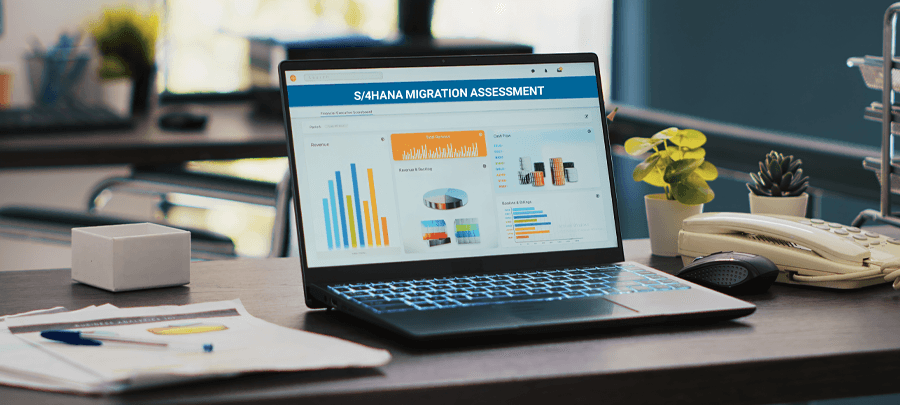Working from home during COVID-19- Part One
21 April 2020


Norb Brumbergs
Senior Vice President - SAP DeliveryNorb Brumbergs is Vice President, SAP Delivery at Applexus. He is a senior Information Technology and Program Management executive with over 30 years of management expertise....
Things have changed a lot over the past few days due to the COVID-19 virus. Businesses around the world are quickly shifting to remote work. We at Applexus have jumped on board and where clients have asked, we have shifted our consultants to working remotely from client sites.
However, delivering Services to SAP customers is our lifeline as it is for many small and large SIs. Our goal is to overcome this inconvenience and to continue to deliver high quality work while meeting established timelines. It will be important for our teams to ensure our Delivery remains at the highest quality and that just because we are out of sight, we shall not be out of mind. This will require more structure, planning and individual accountability from each of us. With that in mind, we have shared with our consultants ideas gathered from years of remote working and common sense. Few of these are original ideas, the value is seeing them in one place. So, here we go:
Workspace Readiness
Claim your workspace. Make sure you have a dedicated space for work. This should include a proper desk/table and comfortable work chair suitable for hours at work. Establish methods to address noise and privacy issues. It will be ideal if you can close your door. If space constrained, you do not really need much. You may just section off a corner of a bedroom or living room. Make sure you choose a space that you can keep organized, focused and free of clutter. Consider your apartment's common area using appropriate cautions. e.g. Six feet from others, wipe down space, headphones, etc.
You will need a strong internet and cell connection. If a problem, look at a microcell unit or wifi extender. Get a good external speaker/mic for your laptop or use good Bluetooth headphones. It is always nice to have a second monitor.
Schedule
Maintain a regular work schedule/hours. Treat your work space as your office and show up on time every day. Don't leave early, but also do not let yourself work so late that you lose work/life balance. It is easy to lose track of time when isolated.
Ask children, spouses and roommates to respect your space during work hours. When you’re sitting in your work space, you are officially at work. Make sure they know that when you are working to keep interruptions to a minimum. If possible, close the door with “Do Not Disturb” sign when in meetings. You may even want to put a “do not knock or ring doorbell” sign on your front door.
Get up and get ready like it is a normal workday. Exercise. Put yourself into your normal work mode. Groom like it’s an office day. You’ll feel more alert and on your game. Make sure your clothes are appropriate to be shared on video. Offer to help others if you feel like you are not contributing as you did in person.
Keep hydrated and nourished. It is easy to get engrossed in your work for hours on end if you are not used to being at home. Take breaks. In the office, they happen naturally. People stop by to talk, you go from one meeting room to another, you get a coffee or water. You will need to pay more attention to this than you think. When your smart watch tells you to get up, do it.
Communications
Communication should be regular, clear, concise and direct. Be clear about what you mean. Use simple words, minimize acronyms and leave flowery language behind. There is no need for eloquent dissertations. Make sure your messaging is crisp and to the point. Shorter sentences and more bullet points are easier to consume than long sentences.
Clearly communicate and document what decisions have been made and why. Working virtually requires people to over communicate. Even if it’s obvious to you, share the context/reasoning. Remember that roughly half of communication comes through body language. We miss that on the phone. We also miss the clarity that comes from those follow up hallway conversations.
Speak Slowly. This advice is critical when participants have English as a second language but still important with different backgrounds and different internet connection speeds.
In project work, regular status is important. Establish regular status reporting even if none exists today. Out of site, out of mind can cripple a career or sabotage the perceptions of your contributions. Connect with some of your teammates and supervisor at least once a day and voice to voice if possible.
Finally, focus on what you need to deliver. Focusing on anything else will be a waste of time. At the end of the day, that is what you will be judged upon.
Tomorrow, I will talk about the ideas we have shared with our team regarding good practices for Technology and Meeting Management in the age of the virtual workplace. I hope you find these helpful.
Stay Healthy!












